- Indigenous communities in Chittagong Hill Tracts struggle amid ARSA threats
- Weekly Highlights from Arakan (Feb 16 to 22, 2026)
- Hindus struggle with livelihood hardships amid job shortages in Arakan State
- Equipment from Chinese-owned VPower plant in Kyaukphyu to be fully relocated amid growing conflict
- Free schools for IDP children in Arakan State struggle to stay open amid funding shortfall
IDPs going hungry in Ponnagyun Twsp displacement camps
They were among the first to be displaced by fighting between the Myanmar military and the Arakan Army (AA) in December 2018.
11 Apr 2023
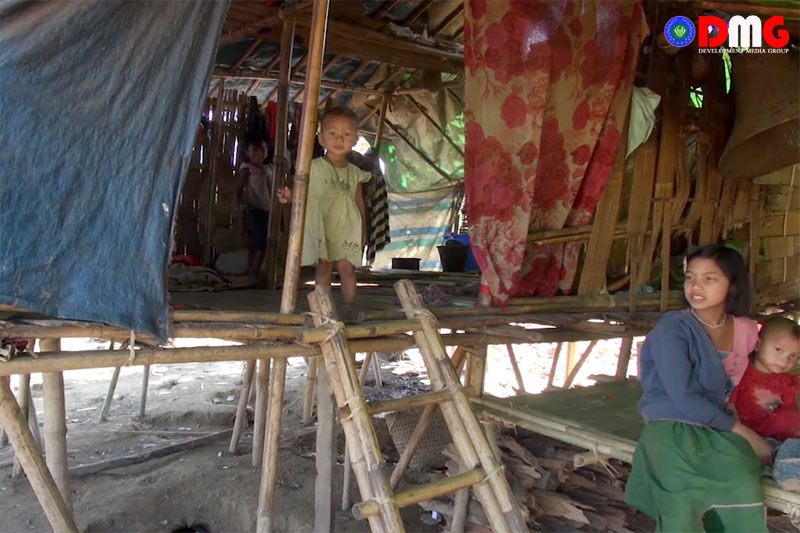
DMG Newsroom
11 April 2023, Ponnagyun
More than 650 displaced people (IDPs) from some six villages taking shelter at three displacement camps in Taw Chaung Pyar, part of Arakan State’s Ponnagyun Township, are going hungry as they have received no relief supplies.
They were among the first to be displaced by fighting between the Myanmar military and the Arakan Army (AA) in December 2018.
In the years since, most have cut firewood in the surrounding forests to earn a living, but demand has declined lately while food prices are soaring.
“We have had no buyers lately because of the Thingyan festival. There were buyers in previous months. However, the money we earn is not enough because of high commodity prices. And we are experiencing real hardship as there is no business now,” said U Kyaw Thar Maung, who is in charge of the Hpar Kywe displacement camp.
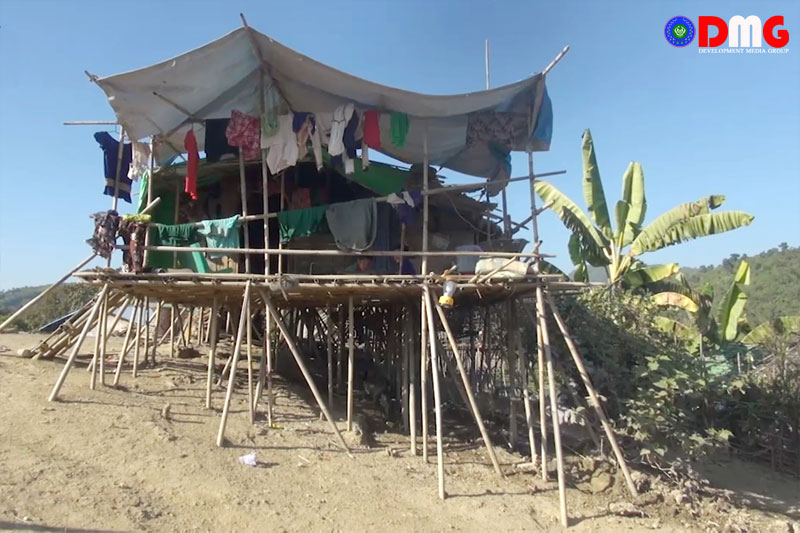
A sack of rice is selling for an exorbitant 70,000 kyats in Taw Chaung Pyar, and IDPs there primarily need rice at the moment. They said they are no longer receiving relief supplies from authorities, international aid agencies or local civil society organisations.
“Previously, the World Food Programme (WFP) supplied us with rice. So we could make do with our earnings from selling firewood. But WFP has stopped supplying us and we are going hungry. We only get 2,500 kyats for 100 sticks of firewood, but a basket of rice is 16,000 kyats. We can’t afford it,” said U Sein Maung, who is in charge of the Kwe Htee displacement camp.
In March, the Ponnagyun Township Development Youth Organization (PDYO) provided some household goods to the Taw Chaung Pyar IDPs.
“They are in remote areas, so food prices are high there,” said Ko Thein Wunna, chairman of the PDYO. “They might have bigger troubles as Thingyan is approaching. They are going hungry. If possible, international nongovernmental organisations and civil society organisations should help them.”
DMG phone calls to Arakan State Administration Council spokesman U Hla Thein went unanswered.
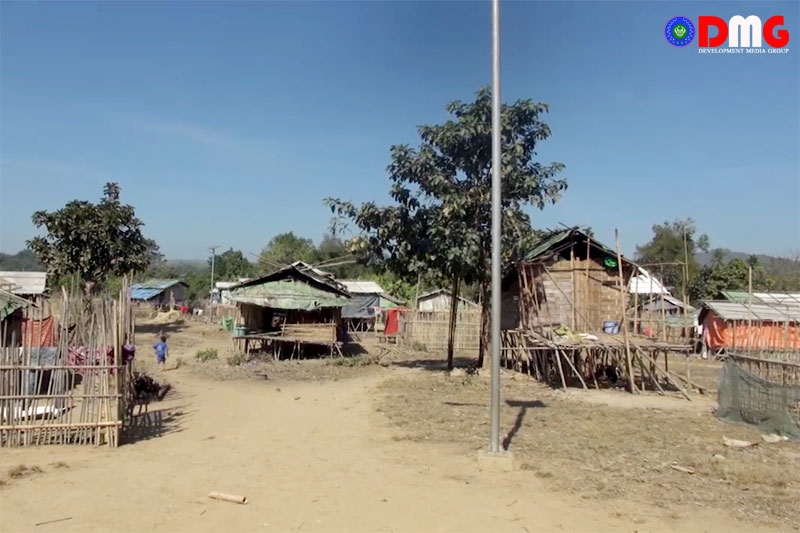
Some displaced people have returned to their homes since the Myanmar military and the AA observed a humanitarian ceasefire in late November.
But the Taw Chaung Pyar IDPs have not yet returned because their houses in their villages are gone, and because they are concerned about the ongoing risk of landmines.
The total number of IDPs in Arakan State, including those who remained at displacement camps due to the 2018-2020 fighting between the military and Arakan Army, stood at about 90,000 early this year, according to a January 11 report from the United Nations Office for the Coordination of Humanitarian Affairs (UNOCHA).




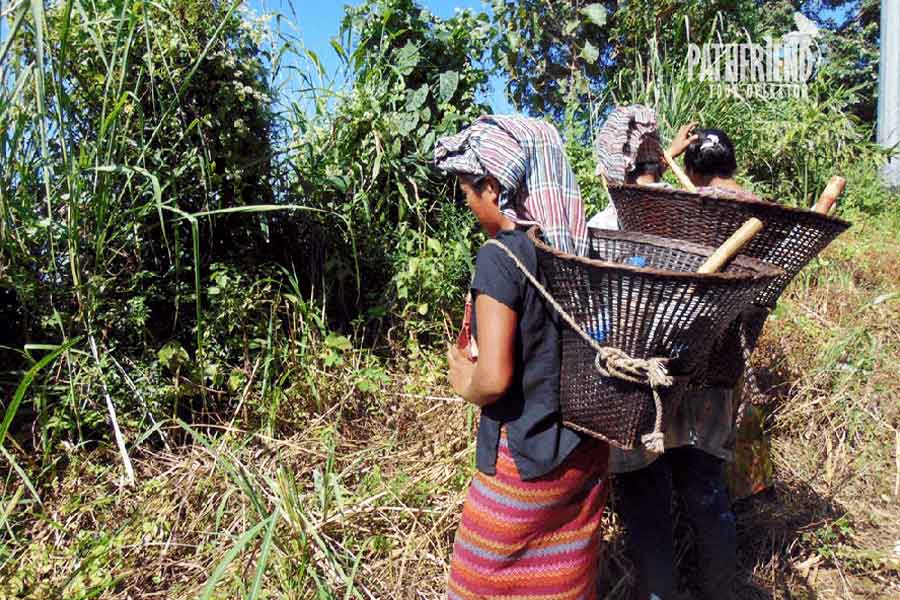
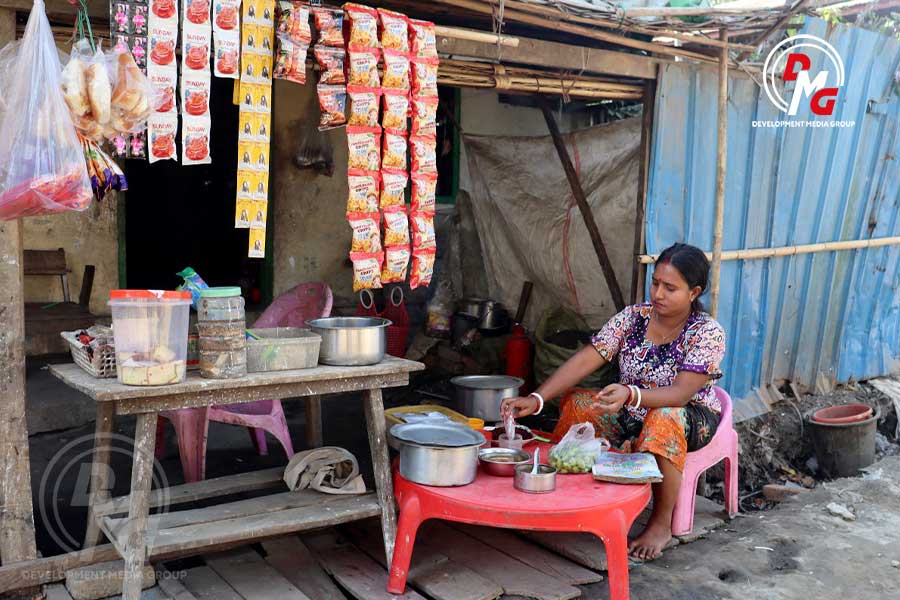
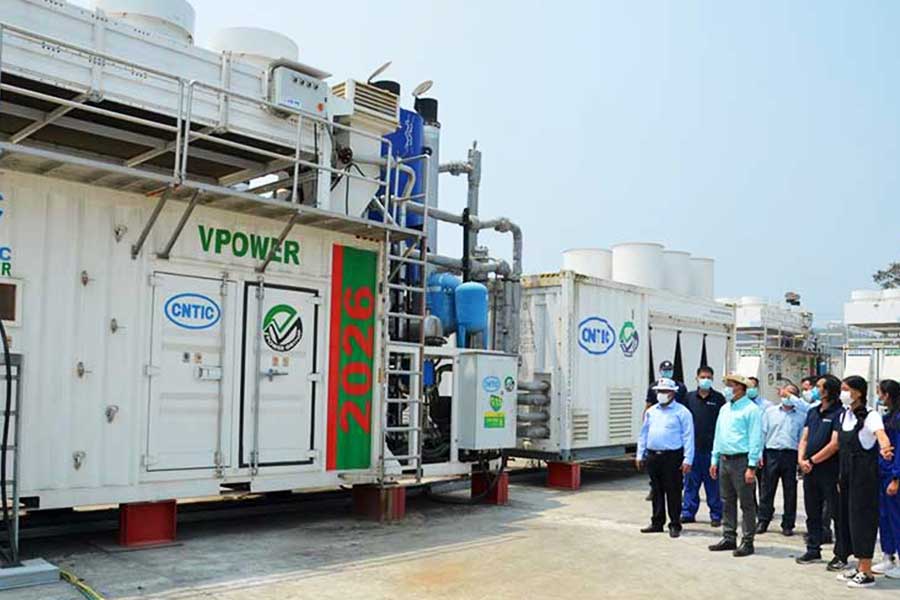
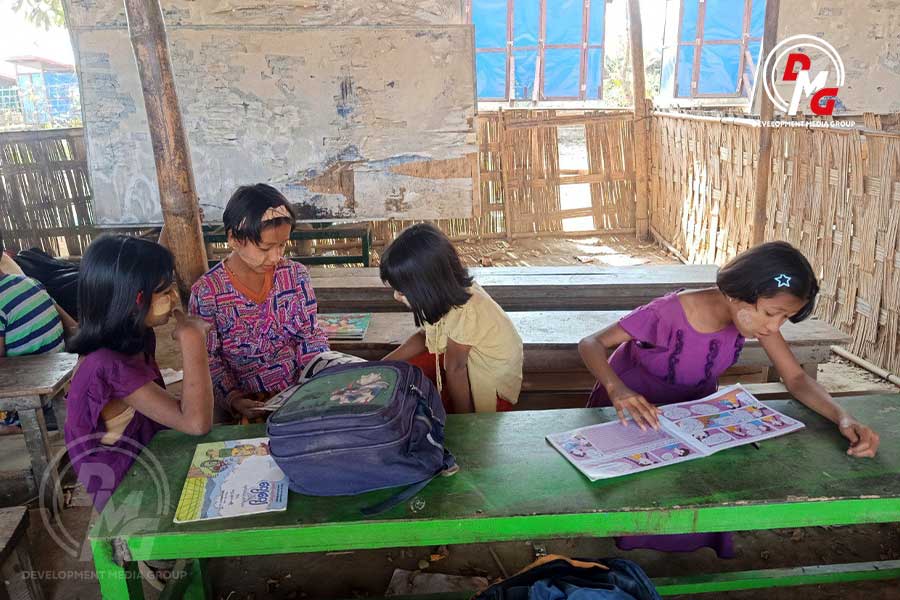
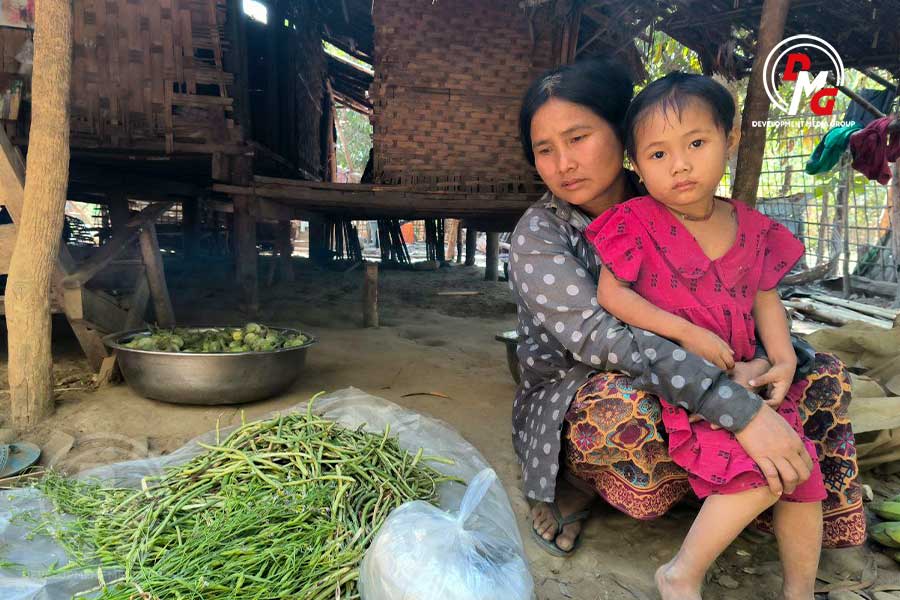








.jpg)